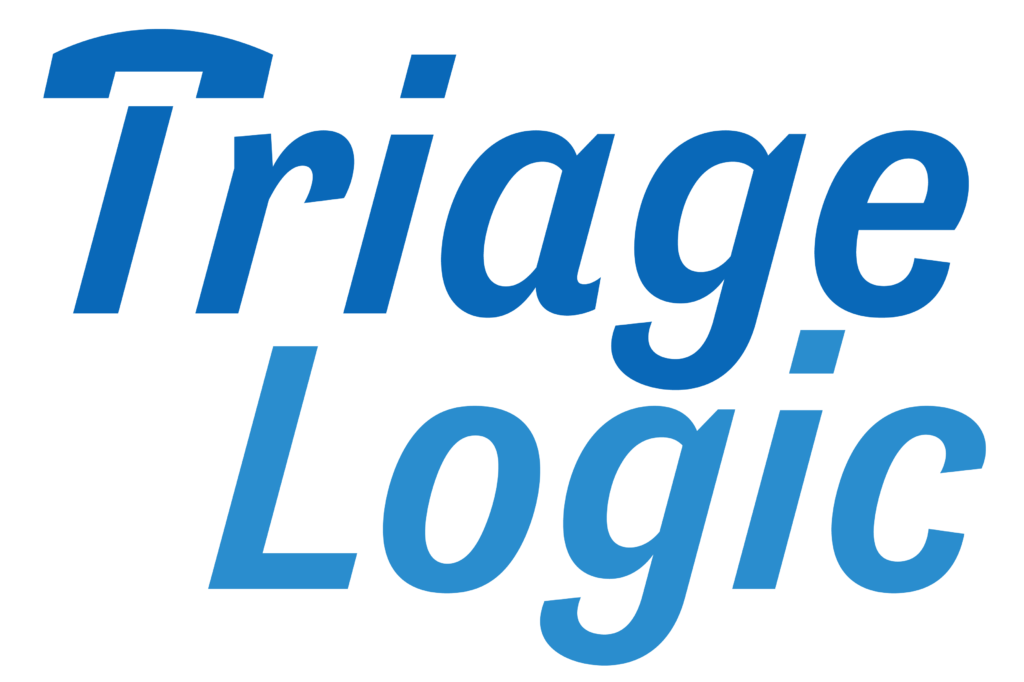Why do patients call after hours? Triage Calls From November Through January
It is the beginning of February, one of the coldest months of the year. Winter months are normally associated with a higher number of patients calling with symptoms related to cold, flu and influenza. Surprisingly this year, we have not seen the common influx of Influenza-related patient phone calls that are normally observed. Cyndi Heaton, TriageLogic’s nurse manager comments the following “We are observing a different pattern of patient calls this year. Our nurses are triaging a lot of calls that are associated with coughing and vomiting. Patients calling with these symptoms can normally be triaged with home care.”
What are some of the typical reasons why patients called this winter?
Patients often call because they have a medical symptom and they need a professional to help guide them to the appropriate care and provide them with reassurance. Our triage nurses handled about 58,205 phone calls from patients in the months of November 2015 to January 2016. Looking back at outpatient caller data for these two months, we found that the most common reasons for phone calls included:
- Cough
- Colds
- Sore Throat
- Medication Question Call
- Vomiting Without Diarrhea
- Fever
- Eye Pus or Discharge
- Earache
- Head Injury
- Abdominal Pain
Patient Disposition from a Triage Nurse Call
Figure 1 below shows what nurses told the caller patients to do. We had the same number of patients being sent to the ER as usual (in the 17% range). One big change from the previous data analysis in November 2015 is that we observed an increase in the number of patients sent to see a doctor in the next 24 to 48 hours. That is more likely because of the higher level of acuity in winter compared to other months.
As these results demonstrate, even with the cold season, most patients who called a Triage Nurse line were able to be treated with home care. TriageLogic’s nurses were able to ensure that all caller patients receive standardized, high-quality care. Doctors were also able to provide continuity of care for their patients by reviewing the nurse triage notes and following up with patients if necessary. Patients received the peace of mind knowing that they had a triage nurse available 24/7 if they had any symptoms.







